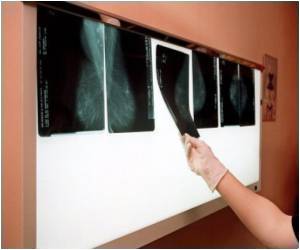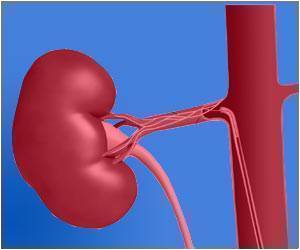
With her BCSC colleagues, Nehmat Houssami, MBBS, PhD, an associate professor at the University of Sydney's School of Public Health and Sydney Medical School and a physician at the Royal Hospital for Women, in Australia, found that women with a personal history of breast cancer had double the cancer rates as those with no such history. Women who had had breast cancer had 655 second cancers within a year of screening mammography, and those with no prior breast cancer had 342 cancers, with cancer rates of 10.5 vs. 5.8 per 1,000 screens, respectively.
"The comprehensive data from the BCSC made it possible for us to carefully examine the outcomes of screening for both the previously affected (conserved) breast, as well as the opposite breast, at a population level," Dr Houssami said. "This is the first study in the world, to our knowledge, to provide a complete picture of the expected outcomes of mammography screening for women with a personal history of breast cancer."
"Mammography was effective at finding cancers early in women who had had cancer, but not quite as effective as in those who had not," Dr. Houssami said, "We found that both false positives and 'interval cancers' were higher, and mammography was not as sensitive at detecting invasive breast cancer, in women with a personal history of breast cancer." False positives mean that a mammogram suggests a breast cancer may be present, but after further testing it turns out not to be. Interval cancers are breast cancers that were not detected on screening mammography and are found between mammography screens, prompted by either breast symptoms or additional testing.
"Because of the risk of interval cancers, it's important that women seek medical care for any breast changes or concerns between mammograms," said Dr. Houssami's collaborator Diana Miglioretti, PhD, a senior investigator at Group Health Research Institute. "The good news is that most of the breast cancers detected in breast cancer survivors between mammography screens were early stage."
Interval-cancer rates were particularly high in women who were younger than 50, had extremely dense breasts, or received breast-conserving treatment (lumpectomy) without radiotherapy for their first cancer. "Our results suggest that we should consider more tailored screening strategies in these women, such as additional or alternate screening modalities in some groups but this needs further research," Dr. Miglioretti said.
Advertisement















